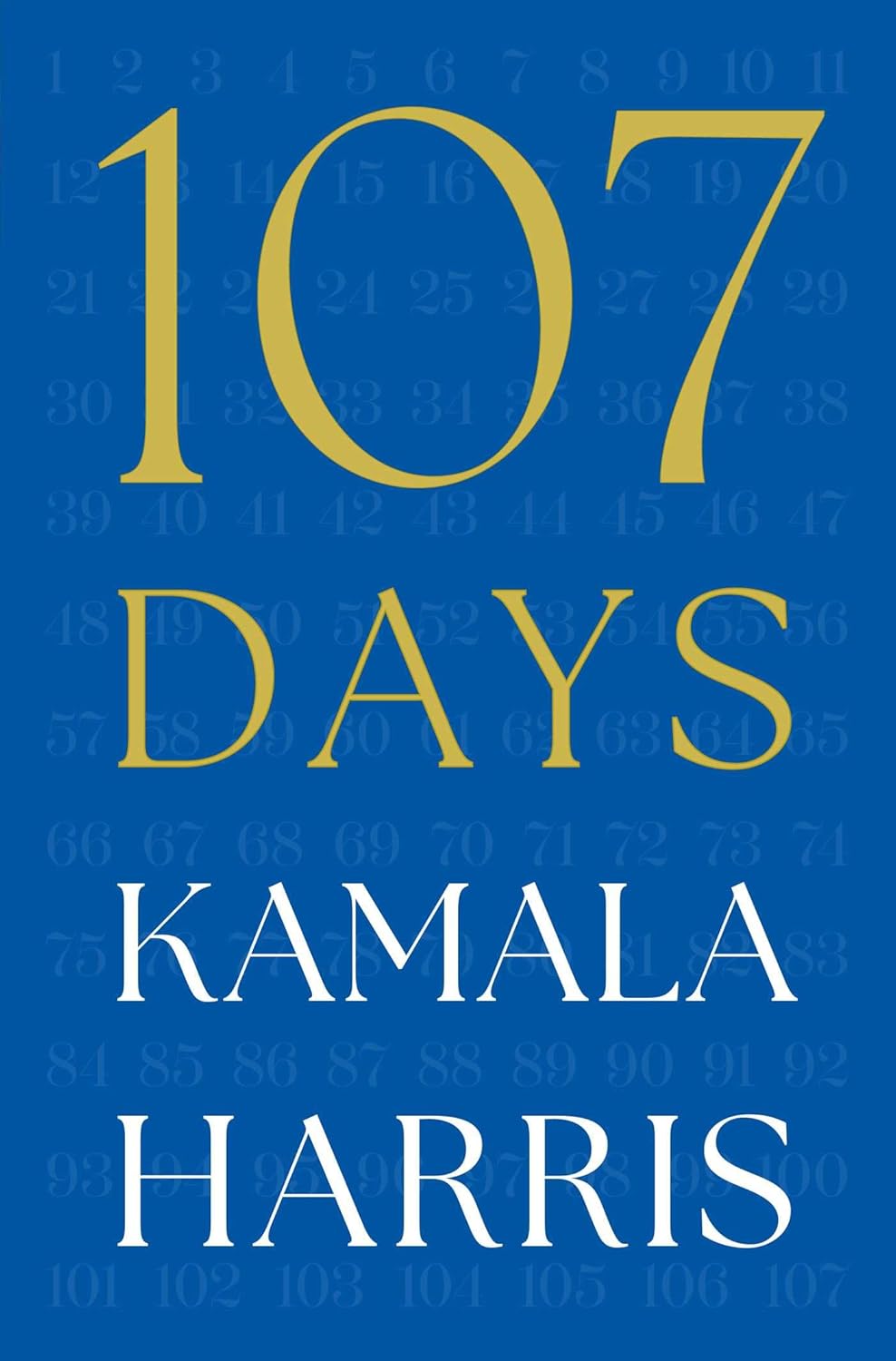I wrote on this blog yesterday that populism can be defined as 'an illiberal democratic response to liberal democracy'.
In other words a key feature of populism is that it takes a view of democracy that the collective view of the majority can ride roughshod over the rights of the minority.
Liberal democracy believes that defending the rights of any minority is of paramount importance because at some stage the majority always ceases to be and the inevitable next step in those cases is for the governing to move seamlessly to totalitarianism. A process repeated many times throughout the twentieth century.
The reason I return to this concept today is that reading Kamala Harris' new book '107 Days', an account of her time as the Democrat 'top of the ticket' in last year's US election, she provides a perfect example of the populist notion of the majority riding roughshod over the rights of the minority.

In her book Harris considers the rights of transgender people in America. She notes that in 2024 less than ten transgender people played on women's college sports team of a gender that they were not born into. She states that just two federal prisoners had received court-ordered gender-affirmation surgery, a 'sex change operation' in less inclusive language.
In the same year 350 transgender people were murdered in America, including 15 children.
Harris notes the electoral success of President Trump's campaign advertisement ran thousands of times during sports programming during the final days of the campaign: "Kamala is for they/them. President Trump is for you."
In some accounts that ad has been identified as a significant factor in the final outcome of the election.
In that very short summary we can see clearly the actions that accompany a populist rhetoric.
There is little doubt that the majority of people have concerns around the trans debate and the rules governing issues such as gender-affirmation surgery, self-identification and the protection of women only spaces, I shall be honest and admit that I do myself.
But in adopting a populist approach that sides with the commonly held view, the rhetoric and subsequent actions clearly seek to undermine the rights of the minority, a protection that liberal democracies should hold dear.
I don't use this blog to seek to persuade on one issue or another, but I do try and use it to inform.
The populism that we see increasing in popularity in opinion polls is one of 'an illiberal democratic response to liberal democracy'. It may be that, collectively, we are fine with that but we should understand the implications both to minorities now and, potentially, being mindful that one day we may be in the minority ourselves.

